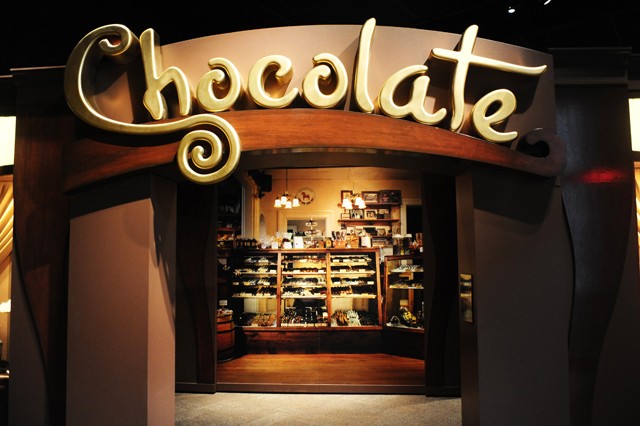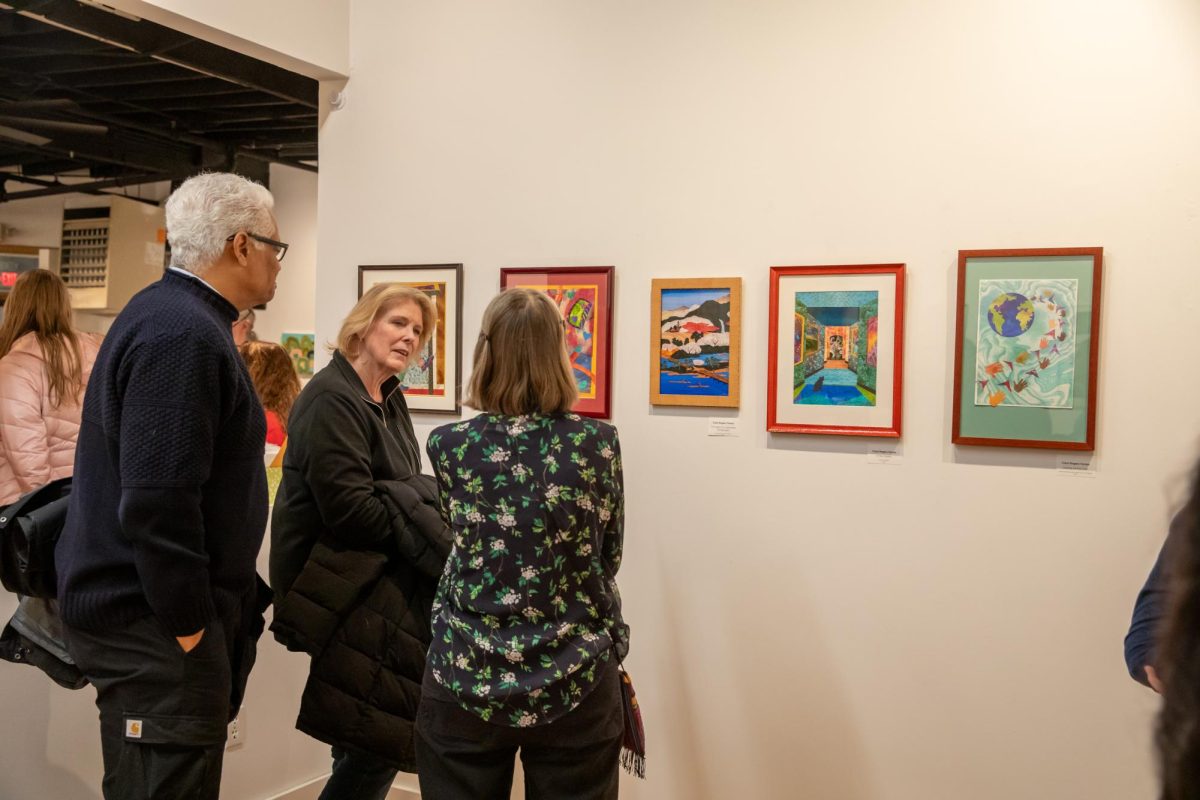What: Chocolate: The Exhibition
Where: Minnesota History Center Museum
When: Oct. 1 âÄî Jan. 2
Chocolate is a carnal consumption. The confection, one that epitomizes the most romantic of edible gifts, has taken on the endearing role of the go-to aphrodisiac in the modern era. While the Minnesota History CenterâÄôs exhibit, appropriately entitled âÄúChocolate: The Exhibition,âÄù embraces such perspectives on the succulent substance, its greater offerings strive to emphasize the political and environmental understatements surrounding the third-world origins of a Western world pleasure.
âÄúItâÄôs kind of got this obscure past,âÄùGretchen Baker, Traveling Exhibitions Manager for The Field Museum, said.
ItâÄôs this unknown story that the Minnesota History Center will be bringing to the foreground.
âÄúImagine a mango smoothie or something,âÄù Baker, who heads the touring aspect of the Chicago-based museum, said. âÄúItâÄôs got this very kind of exotic, botanical origin that people donâÄôt realize.âÄù
Those fearful of a snoozer of an exhibit can cast their concerns aside. The display, something the History Center booked roughly two years ago, integrates the work of local chocolate artisans as a supplement to this bulk discussion of the globally traded crop.
âÄúIt takes something that everybody likes and is familiar with,âÄù Minnesota History Center Museum Director Dan Spock said, âÄúAnd it uses that to explore some interesting aspects of history.âÄù
Simply put, it is a food with a complex narrative behind it âÄî one that encompasses everything from religious sanctity to discussions on agricultural innovation.
âÄúCacao beans were considered sacred by the Aztec and the Maya,âÄù Spock said. âÄúYou think about the value that we place on chocolate today in relation to that. ItâÄôs sort of an interesting concept.âÄù
The exhibit does give a substantial amount of space to the contemporary positives and negatives of the cacao harvest.
Environmentally, the source tree demonstrates some promising attributes that could lend way to future efforts (these rainforest trees can flourish easily without any sunlight.)
âÄúItâÄôs something that holds some promise for sustainable agriculture in rainforest climates,âÄù Spock said, âÄúwhere you donâÄôt have to go in and cut everything down.âÄù
It is a topic that then gives way to a similar discussion surrounding the beanâÄôs harvesters.
âÄúWe donâÄôt have big combines that are going in and harvesting it,âÄù Baker said. âÄúItâÄôs still a very manual process for the most part.âÄù
Any social or political quandaries that may arise from the exhibit are, however, lightened by a fact reiterated by Baker: There is not a culture in the world that has not developed some unique rendition on the cacao.
So clearly, itâÄôs a global love âÄî a fact that makes these little moral hiccups seem like completely solvable problems.








